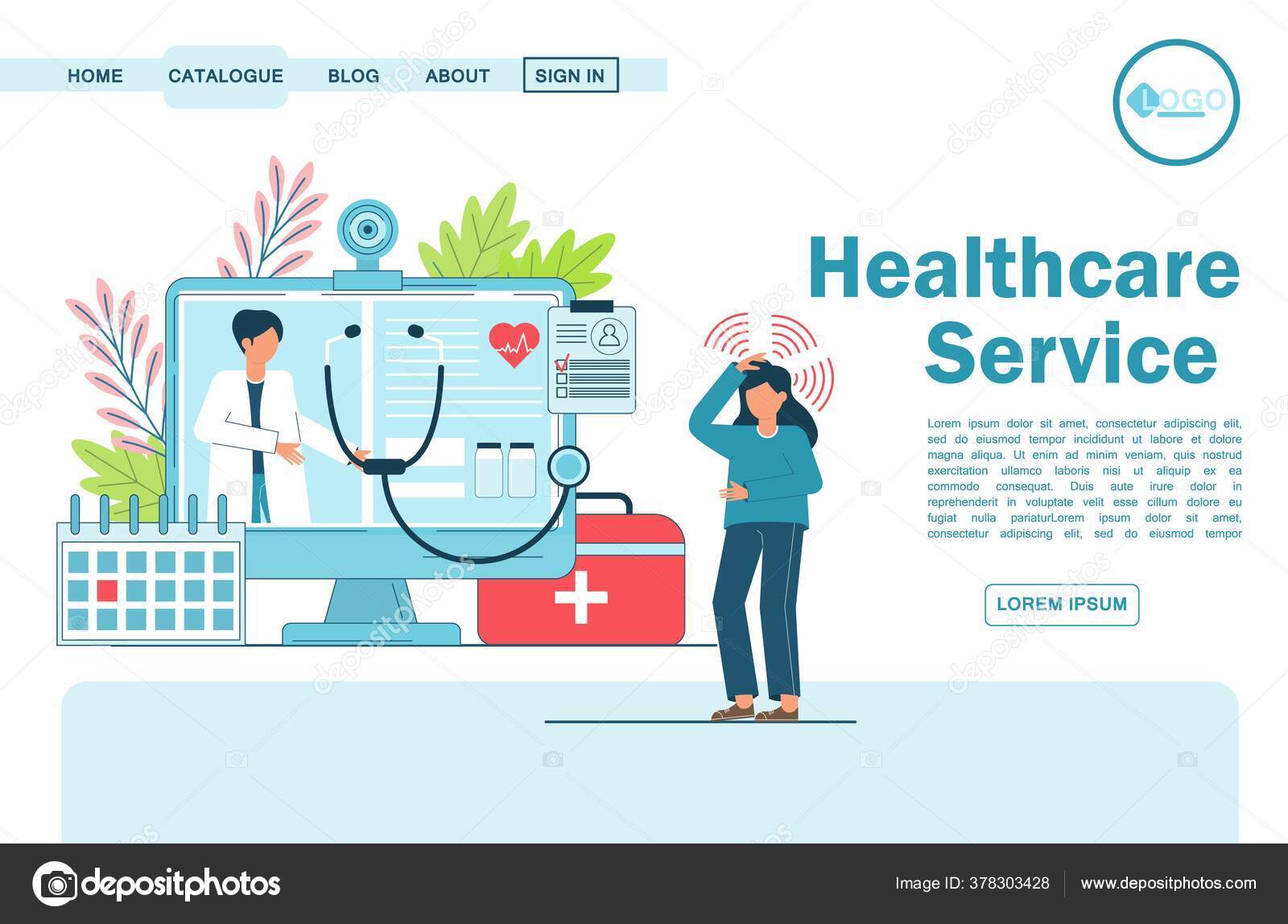Discover the Perks of Subscription Based Healthcare for Affordable Medical Care
Discover the Perks of Subscription Based Healthcare for Affordable Medical Care
Blog Article
Understanding the Cost-Effectiveness of Subscription-Based Health Care Versions
As the medical care landscape evolves, subscription-based models arise as an engaging choice, assuring to redefine exactly how people handle medical expenses. Evaluating these versions' cost-effectiveness demands a nuanced contrast with standard insurance coverage, thinking about both financial implications and patient contentment.
Review of Subscription-Based Versions
Subscription-based health care models, sometimes described as straight health care or attendant medicine, are increasingly obtaining interest as a prospective solution to inadequacies within standard healthcare systems. These versions operate the principle of offering people direct access to doctor through a annual or regular monthly fee, bypassing the demand for conventional insurance systems. This arrangement intends to improve patient-provider communications by minimizing administrative concerns, which often prevent customized and timely treatment.
At the core of subscription-based designs is the focus on a more tailored client experience. People gain from boosted access to their doctors, often consisting of same-day or next-day consultations, extended examination times, and straight communication channels such as phone or video clip calls. This design cultivates a proactive method to health care, where carriers and clients can collaboratively concentrate on preventative treatment and persistent disease management.

Expense Contrast With Standard Insurance Policy

One of the main financial benefits of membership designs is transparency in prices. On the other hand, conventional insurance might be a lot more beneficial for people needing specialized care or pricey treatments not covered under a subscription version, as they benefit from the more comprehensive protection network and cost-sharing mechanisms.
Nonetheless, cost-effectiveness is context-dependent. While subscription versions might use savings for those mostly needing main treatment, individuals with chronic problems or specialized healthcare requirements may locate conventional insurance policy more extensive. Consequently, assessing details healthcare demands and possible use is essential in determining the most economical alternative for individuals.
Influence on Patient Fulfillment
Person contentment within subscription-based healthcare models often mirrors a substantial enhancement over conventional insurance systems. Unlike typical systems, where individuals may experience delays in obtaining care, subscription-based models make certain even more direct and timely communications with health care service providers.
Moreover, the openness in costs connected with subscription-based health care reduces the usual irritations related to unanticipated charges and complex invoicing processes seen in standard insurance (subscription based healthcare). Individuals appreciate recognizing the exact monetary commitment upfront, leading to boosted trust and self-confidence in their medical care monitoring
Furthermore, the focus on precautionary treatment and health in membership models adds to boosted health and wellness end results, further improving patient fulfillment. By concentrating on recurring health care instead of episodic care, individuals experience an even more continual and all natural healthcare journey.
Moreover, the boosted provider-patient relationship promoted in these designs, identified by even more time spent per client and individualized focus, plays an essential duty in boosting patient complete satisfaction levels, as individuals really click here to find out more feel truly looked after and recognized.
Company Point Of Views and Experiences
From the company's perspective, subscription-based medical care designs provide a transformative strategy to providing medical solutions. These versions stress a preventative and proactive healthcare strategy, allowing service providers to focus on extensive client care without the restrictions of standard fee-for-service plans (subscription based healthcare). This shift in focus often results in boosted person end results and boosted company fulfillment, as health care professionals can allocate even more time and sources to client engagement and personalized treatment plans
Moreover, registration designs assist in predictable earnings streams, which boost monetary stability for doctor. This predictability permits boosted resource planning and allowance, contributing to an extra effective healthcare distribution system. Companies can purchase personnel training, facilities, and modern technology renovations, thereby boosting the quality of treatment offered.
Nonetheless, the change to subscription-based models is not without challenges. Regardless of these hurdles, numerous suppliers locate that the advantages of increased patient interaction and streamlined operations outweigh the initial challenges, making subscription-based versions an eye-catching alternative.
Future Leads and Obstacles

A primary obstacle is regulative compliance, as registration designs must abide by developing healthcare plans and insurance coverage requirements. This demands continuous adjustment and development to ensure positioning with legal criteria. Additionally, incorporating these models right into existing healthcare frameworks can be complicated, calling for considerable financial investments in innovation and training.
There is additionally the potential threat of creating injustices in medical care gain access to, as registration models may prefer those who can manage them, leaving vulnerable populaces underserved. Resolving this requires thoughtful factor to consider of rates techniques and aid mechanisms to guarantee inclusivity.
Verdict
Subscription-based health care designs provide a feasible alternative Continue to typical insurance coverage by offering economic predictability and transparency, specifically profiting people with persistent conditions or regular healthcare needs. The cost-effectiveness of these models is contingent upon individual medical care use patterns and scenarios.
Subscription-based health care designs, in some cases referred to as direct primary treatment or attendant medicine, are increasingly gaining focus as a possible option to ineffectiveness within conventional healthcare systems. Unlike typical systems, where individuals may experience delays in obtaining treatment, subscription-based models ensure even more direct and prompt communications with health care companies.
These models stress a preventative and proactive medical care method, allowing carriers to concentrate on comprehensive person care without the restraints of standard fee-for-service arrangements. As these versions continue to get traction, they supply the prospective to change client accessibility to care, enhance solution shipment, and maximize health care investing.Subscription-based healthcare versions present a feasible alternative to standard insurance by providing economic predictability and transparency, especially profiting individuals with persistent problems or frequent medical care needs.
Report this page